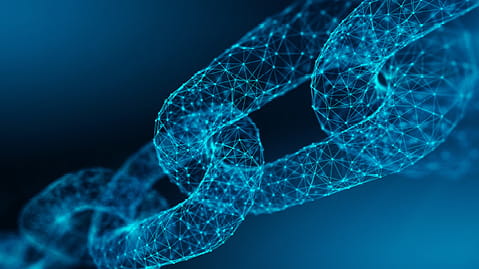Set to be a generation-defining advancement in human interaction, the Metaverse combines online avatars with our offline selves, touching on every aspect of our in-person and virtual lives - impacting how we work, where we socialise, and our relationship with technology.
The Metaverse will bring about an iterative reality, set against a backdrop of technological and legal issues, the likes of which haven't been seen since the formation of the World Wide Web. And with new technologies including NFTs, blockchain, and crypto already firmly established in current society, the race is on for organisations to understand how their businesses can operate in a new Metaversal reality.
So, grab your headset and select your avatar, as we begin this article series by untangling what the Metaverse was, is and will be.
Level 1: Where did the Metaverse come from?
The Metaverse as a concept is far from new, coined in Neal Stevenson's 1982 novel 'Snow Crash'. Stevenson describes the Metaverse as a virtual world where Hiro Protagonist, a katana-wielding computer hacker ventures to escape his corporate-led totalitarian society.
Although pre-internet, Snow Crash serves as a touchstone for our current understanding of the Metaverse and what it will be – not because of its author, but because of who would go on to read it. The novel reached the minds of our generation's most prominent tech founders including Sergey Brin, Jeff Bezos and Mark Zuckerberg (whose company’s project managers were once required to read the novel) and would serve as the playbook for their vision of what we currently understand the Metaverse to be.
Level 2: The Metaverse today
The Metaverse surged to the forefront of society in 2022, when Facebook changed its name to Meta and Google searches for ‘Metaverse’ reached an all-time high. In its current iteration, the Metaverse is commonly understood to describe a fully immersive internet, where users can access augmented and virtual reality and interact with an unlimited range of environments (bridging in-person and online) using avatars and innovative digital technology.
Some argue that the Metaverse is already here – we buy and sell through online platforms such as Amazon and eBay; we engage in online conversations through social media sites like Instagram and Twitter; we work online through online platforms such as Teams and Zoom; and we have even started attending live events online, such as Ariana Grande’s Fortnite Rift Tour, which reportedly drew 78 million players to the virtual event
Level 3: The move to a decentralised Metaverse
If we are to accept that the Metaverse is already here, its current iteration is one characterised by centralisation, controlled by big tech and accessible through independent apps, platforms and proprietary technology.
Recent conversation has turned to a new type of Metaverse, one free from developers' rules, that allows users to operate across a decentralised collective of virtual worlds. Nations and private organisations are racing to develop this new iteration. For example, in 2021, South Korea launched its national Metaverse alliance, constructed from 17 of the country’s industrial leaders, its objective is to develop a national VR and AR platform. In 2022, Epic Games reportedly obtained $2 billion in funding for the development of its Metaverse experience; and Microsoft announced that it will begin rolling out its Metaverse in the form of Mesh for Microsoft Teams.
This vast investment from companies and countries is a clear signal that the decentralised Metaverse is under development but, as always, innovation brings new legal challenges, many of which are already prevalent on the internet but which are only going to come into shaper relief in the Metaverse. Ownership in the virtual world is a particular challenge – how do current property and intellectual property rights apply and what will they protect? Data protection and cybersecurity come into play as biometric data starts to be used to produce ever more realistic and unique avatars of individuals. There are likely to be contractual issues in a multi-jurisdictional Metaverse contracting with consumers, and an inevitable conflict of regulation, not to mention the challenges of protecting children and the vulnerable – something we haven't properly got to grips with on the internet. With big tech at the forefront of development, incoming laws to regulate their market power may date very quickly and we are likely to need new ways to regulate this new environment (not least in the world of work) focusing on issues we may not have thought too hard about to date.
Technology companies are already considering the opportunity and setting aside budget for their transition to a new hybrid business offering - what this will truly look like in the future, only the developers know, but hopefully it won't take for us to be in a corporate-led totalitarian society to get there.







